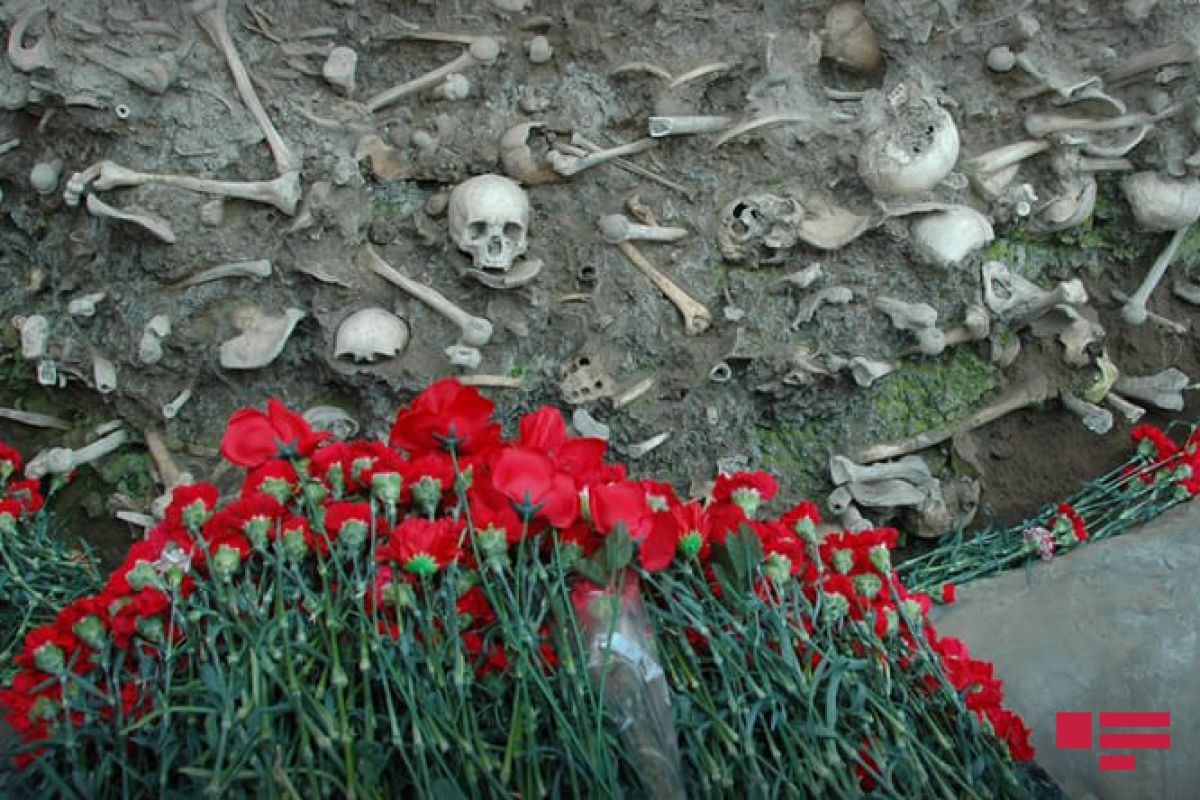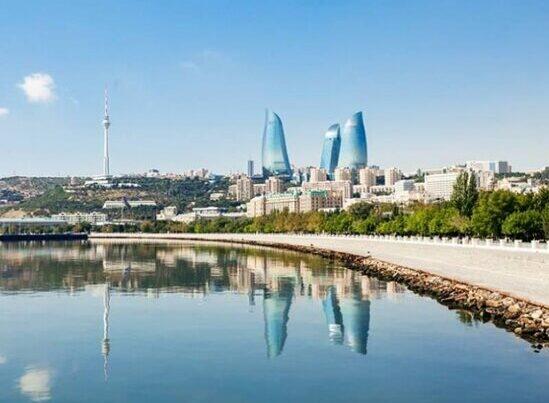Negative impact of climate change on Guba Genocide Memorial Complex was revealed
- Smartbee
- Report

The negative impact of climate change on the Guba Genocide Memorial Complex was revealed, the Deputy Minister of Culture of Azerbaijan Saadat Yusifova said in this regard during her speech at a panel session on “Preservation of the past and the future: cultural heritage in the context of climate change” held within the framework of the 6th World Forum on Intercultural Dialogue, APA reports.
The mass graves of people who died as a result of mass killings by Armenians in 1918, located in the territory of the Genocide Memorial Complex in Guba city, is an example of the monuments indirectly affected by climate change.
She noted that after the mass grave was opened, the decaying process of human bones was sped up as a result of contact with rain, snow, groundwater, and winds and it was decided to cover the grave again with soil and preserve it in this way.
"The drought, and decrease in rainfall as a result of global climate change have a direct impact on the Damjili spring located in the territory of "Avey" State Historical-Cultural Reserve. Unlike other springs, the Damjili spring flows not from underground but through the rocks. Based on the fact that people mostly settled on the banks of the river and the large dry river bed in the area, it can be said that once, a lush river flowed here, however, currently the only source of water is the Damjili spring. The research conducted revealed that due to natural and anthropogenic effects, a noticeable decrease in the water of the spring is observed," she noted.
Bütün xəbərləri reklamsız oxumaq üçün qeydiyyatdan keç və ya login ol. Günlük ölkədə baş verən xəbərləri bizdən izlə.




















